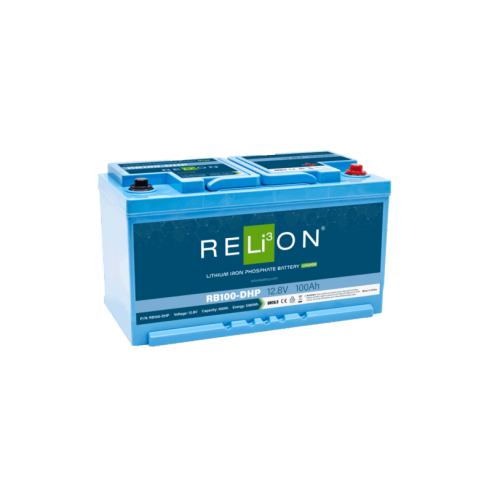They can be charged quickly, but it is recommended to use a slower charging rate such as in 2-5 hours.Unlike other batteries, leaving them partially discharged does not reduce their life or long-term performance. Their charging capacityis about 25-50% higher than other models, which ensures prolonged use of the instrumentation and prevents voltage sag as the charge decreases. Maintenance-free, they last up to 10 times longer than their lead-acid counterparts, while retaining 80%della capacity after 2000 duty cycles. Increased temperature tolerance, being able to operate safely up to 65°C (65°F), and offer increased performance at low temperatures.Series or parallel connectionsWhen connecting batteries in series or parallel, observe the following guidelines:(1) Before putting them into service, make sure that each battery does not exceed 50mV (0.05V). This will minimize the possibility of unbalance between the batteries. If they become unbalanced, the voltage of any one battery is >50mV (0.05V), compared to another in the set, it is necessary to charge each battery individually to rebalance it. (2) Properly size the batteries in parallel: the capacity (rated in hours) when they are connected in parallel increases by the multiple of the batteries connected (2x, 3x, 4x, etc.). However, the rated current (discharge and charge) of the batteriesin parallel increases by only 75% of the multiple of the connected batteries (1.5x, 2.4x, etc.) (1.5x, 2.25x, 3x, etc.). (3) Batteries connected in series charge better as single batteries. Charging in series can cause imbalances and reduce operating time, requiring occasional individual balance charging. (4) Refer to the RELION document on instructions for series and parallel charging.LiFePO4 Battery DischargeLiFePO4 batteries can be discharged to 100% of their capacity. However, to optimize performance and prevent the BMS from discharging them, we recommend limiting discharge to 80%. Refer to the battery datasheet for the continuous and dipic discharge rates of the specific model.When to charge LiFePO4 batteryIf LiFePO4 batteries are not fully discharged, it is not necessary to charge them after each use; they will not be damaged if left in a partial charge status (PSOC). You can charge them after each use or when they have been discharged to 80% (20% SOC). If the BMS disconnects the battery due to low voltage, at 100% discharge, remove the load to reconnect the battery circuit and charge immediately.It is recommended to store the batteries at 50% state of charge (SOC).Use compatible battery chargers for Lithium batteries, such as ProMariner. When charging from alternator, verify that it is compatibleand has the correct charging parameters.



